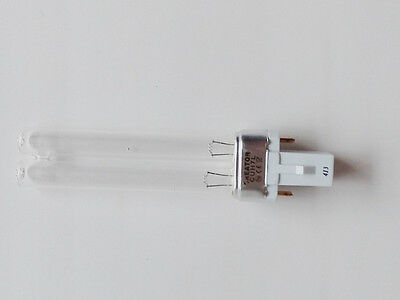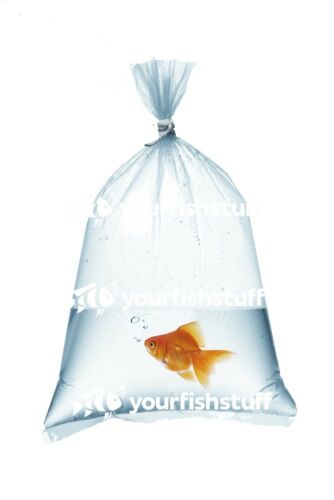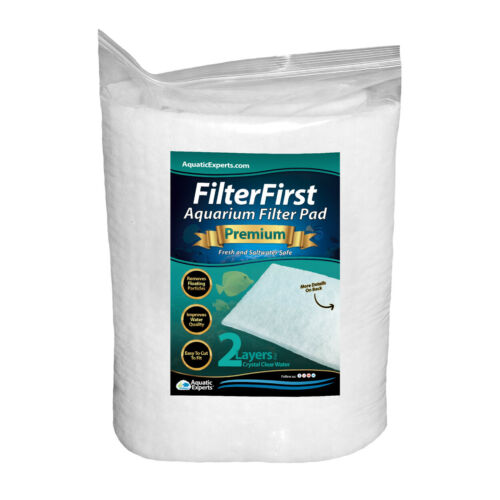-40%
Two Little Fishies NPX Bioplastics 1L Phosphate Reactor Media FREE USA SHIPPING!
$ 22.67
- Description
- Size Guide
Description
Two Little Fishies NPX Bioplastics 1L Phosphate Reactor MediaThe Two Little Fishies NPX BioPlastics are pelletized biodegradable polymers that provide a time-released source of food for bacteria that assimilate nitrate and phosphate. As bacteria develop on the pellet surfaces, excess growth sloughs off due to the tumbling in a fluidized filter, and these bacteria can be removed with a protein skimmer or serve as planktonic food for filter-feeding invertebrates such as corals, clams, and sponges. Anaerobic zones also develop within the pellets, thus promoting denitrification there.
Features:
1 L
For use in a fluidized reactor, such as the Two Little Fishies Phosban Reactor. When you used with the Phosban Reactor you will need the Phosban Reactor NPX Screen. Use 100 ml per 25 gallons.
Can also be used in a media bag within any filter. Use 100 ml per 25 gallons. Because Bioplastics are slowly consumed, more pellets have to be added periodically.
These bacteria can be harvested by protein skimmers, so that the nitrate and phosphate levels are naturally reduced. The bacteria are also a food source for filter-feeding invertebrates such as corals, clams, sponges, and feather dusters.
Caution:
Maintain sufficient water flow through NPX Bioplastics to prevent production of hydrogen sulfide gas. Employ strong water circulation, aeration, and/or a surface skimming overflow in the aquarium to maintain high levels of oxygen saturation. The use of NPX Bioplastics in marine aquariums must be accompanied by the use of a protein skimmer to achieve the export of bacteria and assimilated nutrients. It is not necessary for the outlet of the filter containing pellets to be positioned near the intake of a protein skimmer, but it is necessary to have a protein skimmer running on the system.
NPX Bioplastics®
NPX Bioplastics® granular media made from biodegradable polymers. For use in a fluidized reactor. The slow release of organic food from these plastics promotes the development of bacteria that assimilate nitrate and phosphate. These bacteria can be harvested by protein skimmers, so that the nitrate and phosphate levels are naturally reduced. The bacteria are also a food source for filter-feeding invertebrates such as corals, clams, sponges, and feather dusters.







